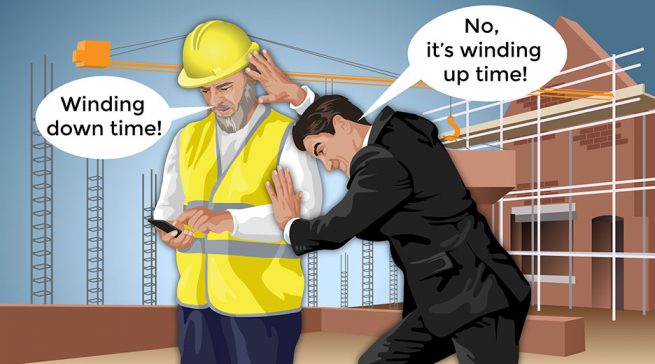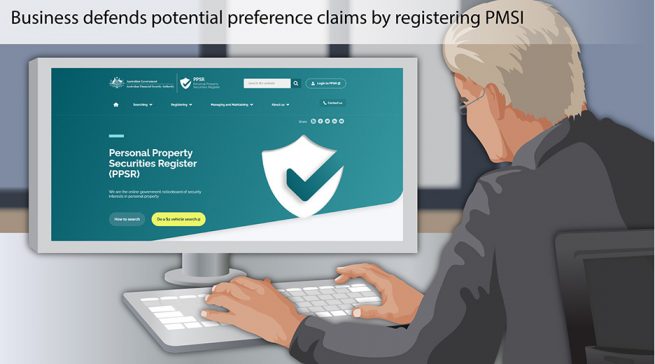
What is the ROCAP and what does it have to do with ‘phoenix activity’?
In article: When a company goes into insolvent liquidation, the directors are required to complete a Report on Company Activities and Property (ROCAP) which replaces the previous Report as to Affairs (RATA) The ROCAP is more comprehensive than the RATA…



